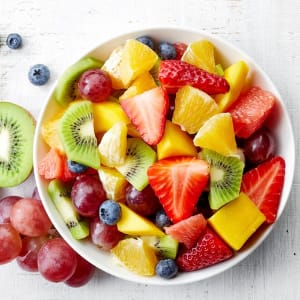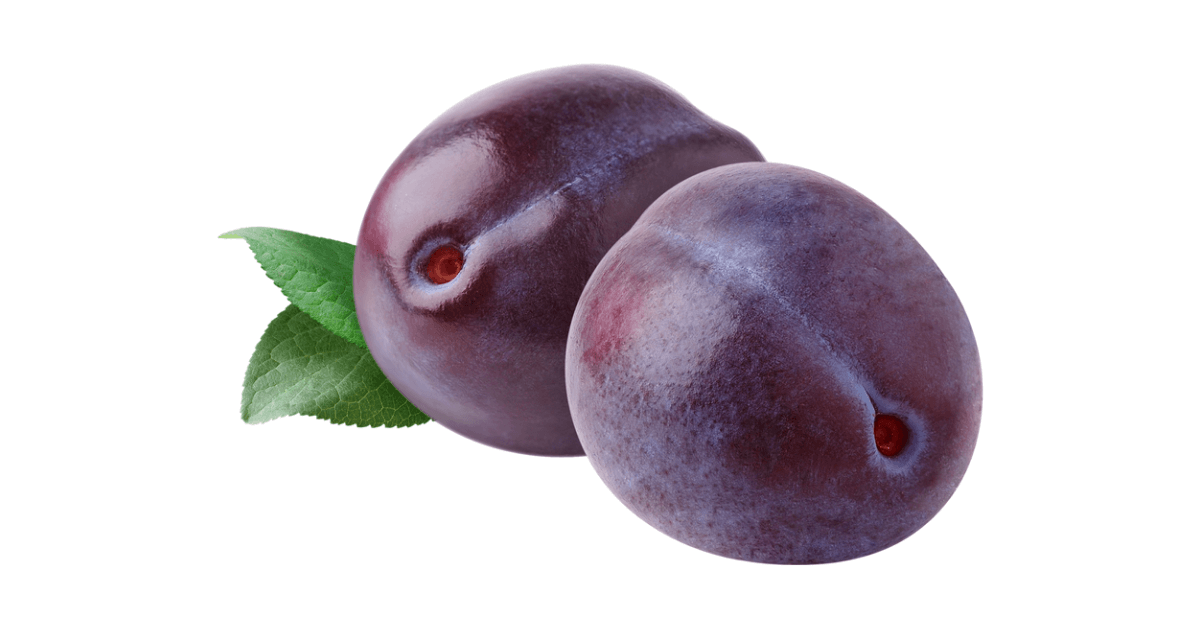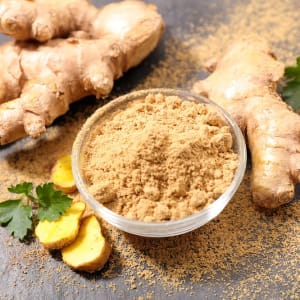Introduction
Eight low-calorie fruits that are best for women’s health
In celebration of International Women’s Day, add these nutrient-dense fruits to your daily diet to nourish your body and mind for optimal health and wellness. Some varieties of fruits can help women keep medically fit. These low-calorie fruits have remarkable effects on the female body.
Eating just two servings of different fruits daily can boost antioxidant levels, helping protect the body from free radicals, which can cause cell damage and disease. Eating various fruits, vegetables, and other plant foods can also help women slow the development of chronic diseases and cancer.
However, not all fruits are created equal. While all fruits contain essential nutrients such as vitamins, some fruits contain high amounts of antioxidants and fiber without being high in calories.
Next time you need a pick-me-up, try eating these fruits as a snack, which can quickly replenish energy, improve immunity, and promote women’s health.
All types of berries
Whether blueberries, blackberries, strawberries, or raspberries, berries of all types are packed with antioxidants, vitamins, and fiber. The berries’ deep red, blue, or purple color corresponds to high amounts of antioxidants, specifically anthocyanins, proanthocyanidins, and ellagic acid.
Research shows that eating more berries may reduce your risk of heart disease, Alzheimer’s, and diabetes. Ellagic acid inhibits the growth of cancer cells and has been shown to reduce the risk of breast cancer in women.
In addition to antioxidants, berries are rich in vitamin C, strengthening the immune system. Vitamin C also aids in producing collagen, which helps keep skin healthy and youthful-looking.
Calorie content: 100 grams of fresh mixed berries (about 3/4 cup) contains about 67 calories.
Tip: Include berries as part of your daily fruit intake. Buy fresh berries when they’re in season and frozen berries when they’re not in season. Frozen berries are delicate as long as they don’t have added sugar or other additives.
Stone fruits
Cherries, peaches, nectarines, apricots, and plums are stone fruits rich in fiber, vitamins, and potassium.
Potassium is an essential mineral that helps regulate blood pressure and maintain healthy heart function. Women who consume more potassium have a lower risk of stroke and heart disease.
Stone fruits like peaches, apricots, and cherries contain a class of antioxidants called flavonoids, specifically quercetin and kaempferol, which have been linked to a reduced risk of heart disease and other chronic diseases.
Calorie content: 100 grams of diced peaches or nectarines (about 2/3 cup) contains about 45 calories, while 100 grams of seedless cherries (about 2/3 cup) contains about 50 calories.
Tip: Fresh stone fruits can be snacked or diced as a topping for yogurt, breakfast cereal, or salads.
Citrus fruits
Citrus fruits, such as oranges, mandarins, grapefruits, grapefruits, lemons, and limes, are not only a good source of vitamin C but are also rich in potassium, fiber, and anti-inflammatory antioxidants such as flavonoids and carotenoids (especially tomatoes’ red pigment and beta-carotene).
These nutrients have been shown to have anti-cancer and heart-protective effects, including improving blood cholesterol, blood vessel function, and blood sugar. Flavonoids in citrus peels stimulate the liver to detoxify carcinogens.
Citrus flavonoids are also reported to reduce oxidative stress and improve insulin sensitivity, essential for women with diabetes or polycystic ovary syndrome (PCOS).
Calorie content: A 100-gram serving of orange slices (about 2/3 cup) contains about 57 calories.
Tip: The skins of citrus fruits can be grated and spread on yogurt, breakfast cereals, salad dressings, or soaked in tea or hot water to enhance the flavor.
Grapes
Red grapes are especially rich in fiber, vitamins C and K, and powerful antioxidants, especially the phytochemical resveratrol. Resveratrol acts on genes known to protect healthy cells against aging and can slow cancer development. It has also been linked to improved heart health.
Additionally, red grapes contain high amounts of anthocyanins, similar to those found in berries and plums.
Calorie content: A 100-gram serving of grapes (about 1 cup) contains about 67 calories.
Tip: Sprinkle a handful of grapes or raisins on your breakfast cereal or salad, or eat as a snack with unsalted mixed nuts. However, be careful to eat dried fruits such as raisins in moderation as they may be high in sugar.
Apples (and pears)
You may have heard the saying, “an apple a day keeps the doctor away.” Fortunately, this is not a myth. A study of nearly 35,000 women found that eating apples – and its cousin, the pear – was linked to a lower risk of death from heart disease. Essential nutrients in apples – vitamin C, pectin, polyphenols, and fiber are linked to anti-inflammatory effects.
Calorie content: A 100-gram serving of apple slices (about 1 cup) contains about 57 calories.
Tip: The skins of apples and pears contain the most fiber and nutrients, so try to eat them with the skins on. But be sure to wash the fruit thoroughly to remove any dirt, bacteria, or pesticides that may be present on the fruit’s surface.
Kiwi fruit
Kiwi is a nutrient-dense fruit that has many health benefits for women. Just one medium-sized kiwi contains more than 70% of the recommended daily vitamin C intake, necessary for immune function, collagen synthesis, and skin health.
Another essential nutrient in kiwi fruit is folic acid, which is very important for women who are pregnant or trying to become pregnant. Folic acid plays a vital role in the development of the nervous system and helps prevent specific congenital disabilities. One medium-sized kiwi contains about 10 percent of the recommended daily folate intake.
Calorie content: A 100-gram serving of sliced kiwi (about 1/2 cup) contains about 60 calories.
Tips: There are many types of kiwis, such as golden kiwis or baby kiwis, each with a unique flavor and nutritional profile. Eat as many varieties of kiwi as you can to get the most nutritional value, but eat them in moderation due to their high fiber content. The skin of golden kiwis (where most of the fiber is found) can also be eaten, but remember to wash them first.
Papaya
Papaya is another excellent source of fiber, vitamin C, and folate. One cup of papaya provides about 3 grams of fiber, which helps improve digestion and prevent constipation. Papaya also contains an enzyme called papain, which can help reduce inflammation in women. This enzyme effectively relieves menstrual cramps and pain caused by the Endometriosis Association.
Calorie content: A 100-gram serving of diced papaya (about 2/3 cup) contains only 39 calories.
Tips: Papaya can be used in various ways, including savory dishes like soups. Papaya can also be mixed with low-fat milk or yogurt for a healthy smoothie.
Melon
Ordinary melons include cantaloupe, honeydew, and watermelon.
Orange-fleshed fruits like cantaloupe (and vegetables like carrots) are rich in beta-carotene and vitamin A. Beta-carotene is an antioxidant that reduces the risk of breast cancer in women. It’s also crucial for keeping skin healthy and promoting wound healing. Vitamin A is essential for maintaining healthy vision. Vitamin A is required for retinal development; lacking this nutrient can lead to vision problems.
Like cantaloupe, honeydew melon is also a good source of lutein, another antioxidant that may help prevent age-related macular degeneration in women.
Watermelon is also an excellent source of nutrients and hydration, considering it is over 90% water.
Watermelon is a rich source of antioxidants, especially lycopene, which gives watermelon its distinctive red color. Lycopene has been linked to a reduced risk of cervical cancer as well as other types of cancer in women. Additionally, watermelon contains coralline, an amino acid that improves blood flow and reduces muscle soreness after exercise. This is especially beneficial for women who regularly engage in physical activity.
Calorie content: A 100-gram serving of diced cantaloupe (just over 1/2 cup) contains about 34 calories, while a 100-gram serving of diced watermelon (about 2/3 cup) contains only about 30 calories.
Tip: Melon can be used in various recipes, from sweet to savory. Add diced melon to salsas or salad dressings or topping for yogurt or oatmeal.
Consult a nutritionist
Eating two servings of various fruits daily, like the ones mentioned above, can boost immunity, reduce inflammation, and reduce the risk of chronic disease. You can also take regular steps to improve your health by eating a balanced diet that chooses whole, unprocessed plant foods like vegetables, legumes, nuts, and seeds.
If you’d like to learn more about mindful snacking and maintaining a healthy diet, our experienced nutritionists can help. Please visit our Nutrition & Dietetics page for more information.




